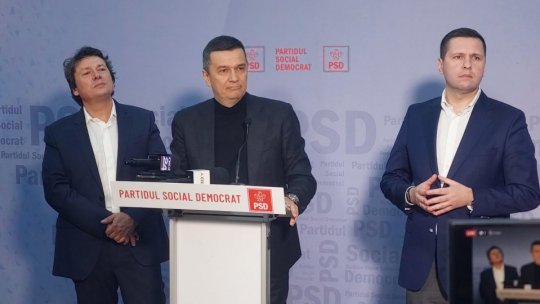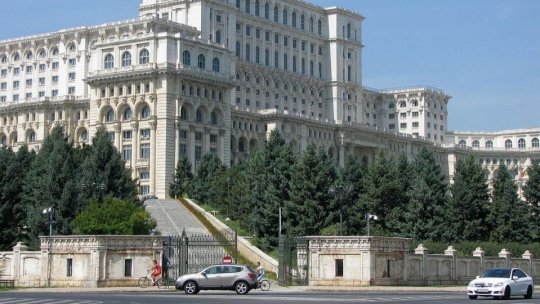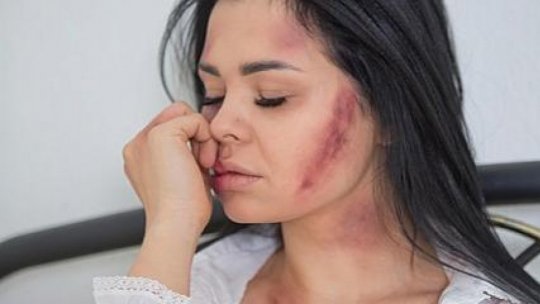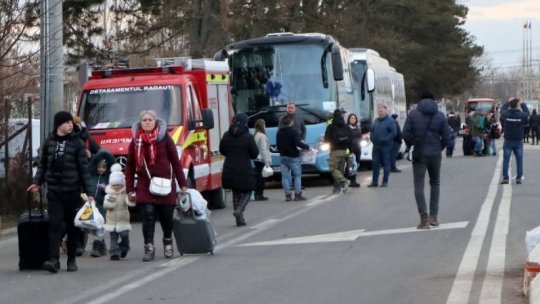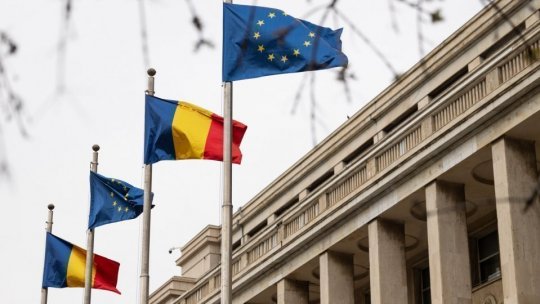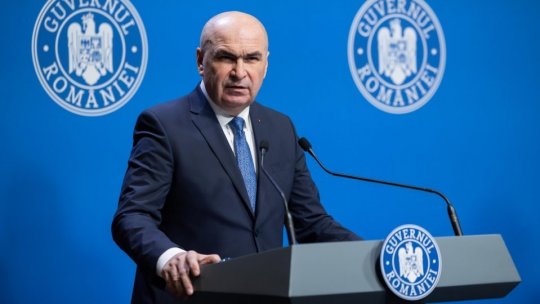Human trafficking network dismantled in Spain and Romania
Coordinated action in Spain and Romania saved 13 victims of this network that trafficked women for sexual exploitation in Germany, Czech Republic and The Netherlands.
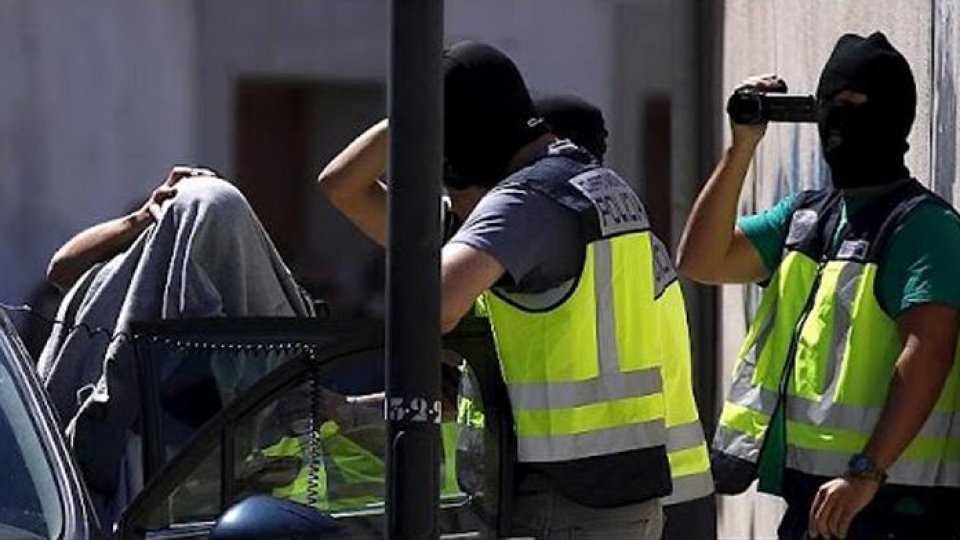
19 Decembrie 2017, 15:25
Spanish Guardia Civil and the Romanian Police have joined forces, supported by Europol and Eurojust, to dismantle an organised group involved in trafficking women for sexual exploitation in Madrid.
Europol and Eurojust facilitated police and judicial cooperation in the framework of a Joint Investigation Team, which brought together authorities from Spain and Romania.
The investigation began last September when the Spanish Guardia Civil received a report from a Romanian woman. She had been recruited months ago in her country of origin using the "Loverboy" method, by a man who purported to be her boyfriend and promised her a better life in Spain. Once in Madrid, she was forced into prostitution. Investigations revealed the existence of an organised group and identified other victims.
Police officers carried out five house searches in Madrid and eight in Romania. As a result, a large amount of documents, cash and 12 high-end vehicles were seized. In total, nine Romanian women were safeguarded. Operation Balaur resulted in seven arrests in Spain, including the leader, and four in Romania.
Europol supported the investigation by facilitating information exchange and providing analytical support. On the action day, two Europol analysts were deployed to Spain for on-the-spot support including real-time data exchange and cross checks against Europol databases. (Europol press release)
According to RRA Press Correspondent in Madrid, Anna Maria Damian, the group was active in several European countries and was run by Romanians. Following the investigations, 11 arrests took place in Spain (Madrid, Marbella and Oviedo), but also in Romania. Among them is the one suspected of being the leader known as Becu.
Investigation, in this case, lasted two years and aimed at capturing Becu, a Romanian who had recruited women in 2000 in the Romanian counties of Dâmboviţa, Argeş and Prahova, and forced them to practice prostitution in the Czech Republic.
The victims of the group were forced to practice prostitution on the street, in industrial areas or in clubs, being threatened and aggressed. Victims were also required to pay protective fees, but also to undergo several aesthetic operations to bring more benefits.
The group, made up of members trained in various fighting styles, is characterized as particularly violent.
Spanish police also said that the network had managed to establish a structure meant to clean up the money gained from prostitution in Romania.
The coordinated action in Spain and Romania led to safeguarding 13 victims of this network that trafficked women for sexual exploitation in Germany, the Czech Republic and The Netherlands.
Source:RRA, Europol.

